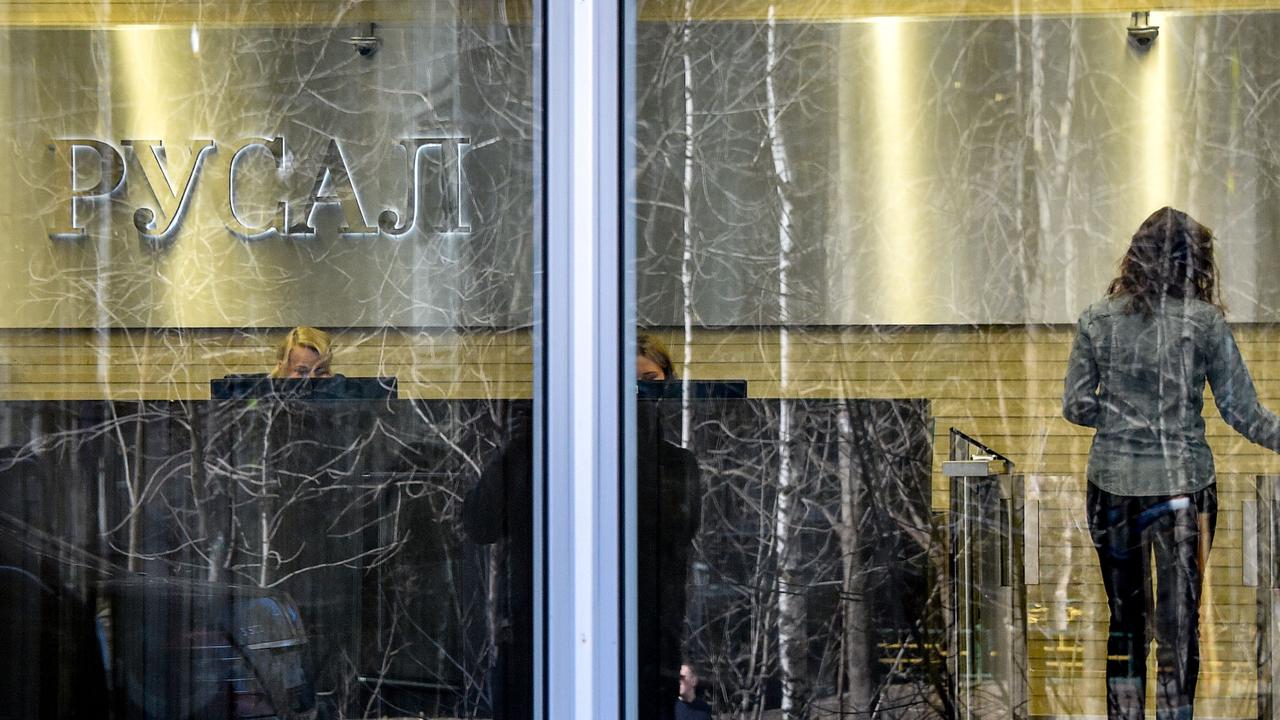Changing boardroom dynamics will challenge Virgin

Air NZ announced the sale of a 19.98 per cent stake (on capital to be expanded by a recently announced but yet-to-be completed placement to HNA Aviation Group) in Virgin to China’s Nanshan Group this morning.
The sale will be at 33 cents a share, amounting to about $260 million, and represents a loss for Air NZ of roughly 10 cents a share, or about $80m, on its average entry price. It will leave the Kiwi carrier with a little less than 3 per cent of Virgin’s capital to deal with. HNA, which will hold 13 per cent of Virgin once it gains its regulatory approvals, would be an obvious buyer, given its stated intention of lifting its shareholding to just under 20 per cent.
Air NZ put its shareholding on the market after a failed attempt to oust Virgin chief executive John Borghetti, which led to its own CEO, Christopher Luxon, resigning as a Virgin director.
Virgin, during a period of ultra-low fuel prices and domestic capacity discipline, and after a period of frenetic expansion and investment in shifting the carrier up-market, has been burning cash to the point where it is again exploring options for raising capital.
Air NZ, still majority-owned by the NZ Government, contributed its $131 million share of the debt facility Virgin’s major shareholders provided to fund it through to the completion of Bryan’s strategic review of the group’s capital structure but was clearly disgruntled at the prospect of being asked to inject more equity into the group without changes to its strategy and management.
So it decided to, as some have put it, “spit the dummy” and sell out. It still has its remaining shares, and its share of the Virgin shareholder loans, to cash out.
Where Virgin blindsided Air NZ when it announced the placement to HNA, Air NZ doesn’t appear to have consulted with Virgin before selling to Nanshan, although Virgin may have been aware of the negotiations. Virgin said it looked forward to meeting with Nanshan over the coming weeks to discuss its acquisition and, presumably, its apparent desire for board representation.
Air NZ’s exit, and Virgin’s $159m placement to HNA, changes the nature of the strategic interests on Virgin’s register and (given that Virgin has already promised HNA a seat on its board and would find it difficult to deny Nanshan, with a bigger shareholding, similar treatment) may change the dynamics within the boardroom.
The other key strategic shareholders are Singapore Airlines, which will see its 23 per cent stake diluted to about 20 per cent by the placement to HNA, Etihad Airways (about 22 per cent post-placement) and Richard Branson’s Virgin Group (about 8.7 per cent post-placement).
Previously the three international airlines, all of which have strategic commercial alliances with Virgin, had broadly similar interests, even though there may have been some understandable tensions between the interests of Singapore Airlines and Etihad, given that both operate from competing international hubs. All wanted access to the Australian domestic market.
HNA is an aggressively expanding Chinese conglomerate, with interests in aviation, tourism, finance and logistics. It owns Hainan Airlines, based in Hainan province, and also has a string of interests in other airlines in China and elsewhere.
Nanshan is another conglomerate with a wide range of international interests. Its portfolio includes aluminium, agriculture, property, education — and a “boutique” domestic airline based in Qingdao in Shandong province that it launched only two years ago as part of a strategy to create an integrated exposure to the various layers of the aviation sector, from tourism to materials manufacturing.
How the two Chinese shareholders — which, given that both are targeting shareholdings of just under 20 per cent and both have committed to supporting a capital raising — will end up with about 40 per cent of Virgin — relate to each other and the other two airline shareholders will obviously be critical to the stability of the Virgin boardroom.
While the access to China’s domestic market and the surging flows of Chinese tourists into this market are a positive for Virgin, a shift in Virgin’s orientation and the balance within the boardroom towards China — and away from Singapore and the Middle East — wouldn’t necessarily be greeted warmly by Singapore Airlines and Etihad.
At a moment when the international industry is facing higher jet fuel prices and softer demand — as are both Qantas and Virgin in the domestic market — the Virgin capital raising will itself generate some tensions. Even after the placement to HNA, analysts believe Virgin will have to raise between $500m and $800m to stabilise its balance sheet.
Like Air NZ, Singapore Airlines and Etihad are going to be asked to risk good money after bad. Like Air NZ, albeit perhaps not quite as forcefully, they are likely to ask for some reassurances about governance, strategy and spending in return for writing yet another set of very large cheques.




Air New Zealand has made good on its pledge to exit the bulk of its shareholding in Virgin Australia and in the process has introduced another Chinese conglomerate to the Virgin register. How the increasingly disparate interests and ambitions within the Virgin boardroom will work together may be a challenge for its relatively new chairman, Elizabeth Bryan.